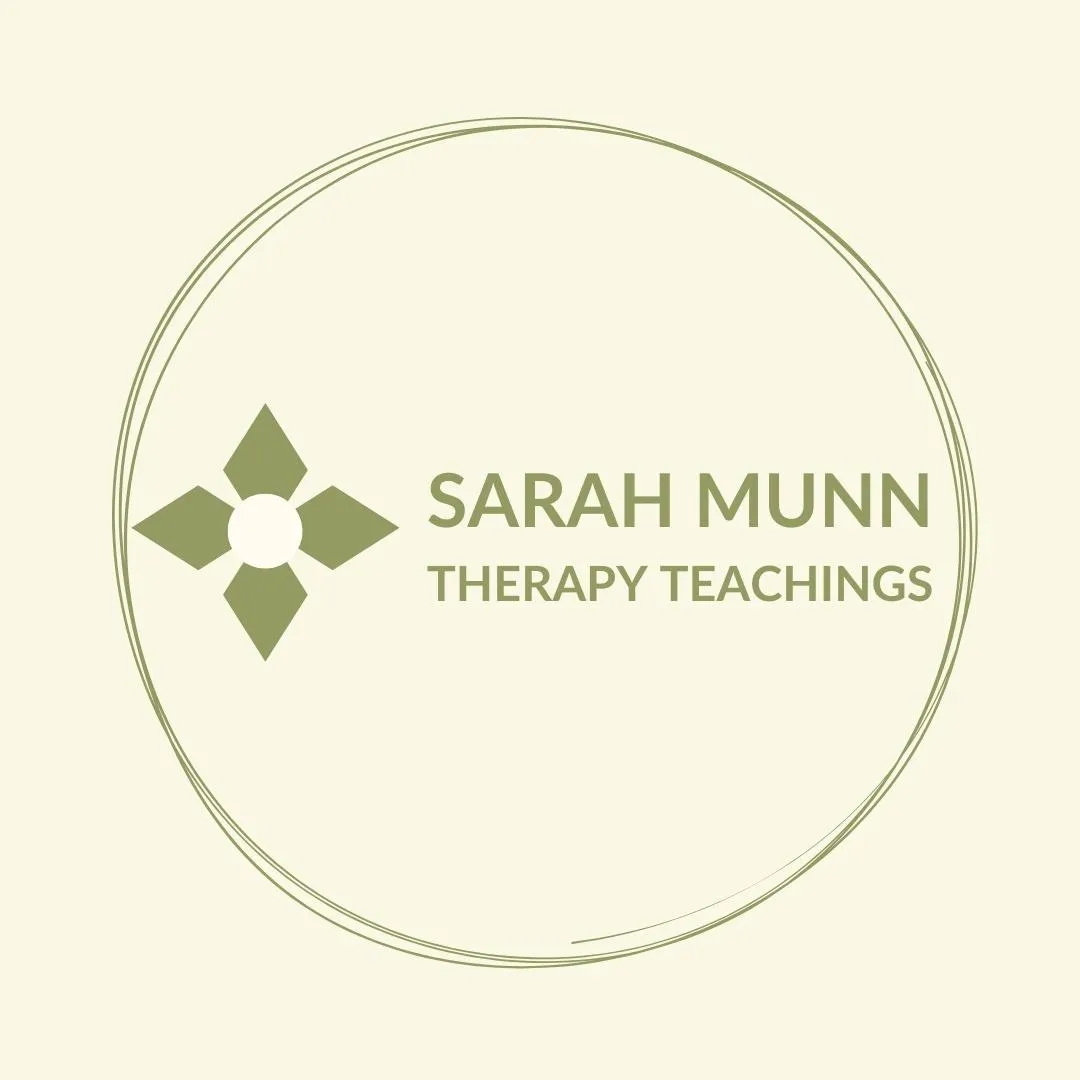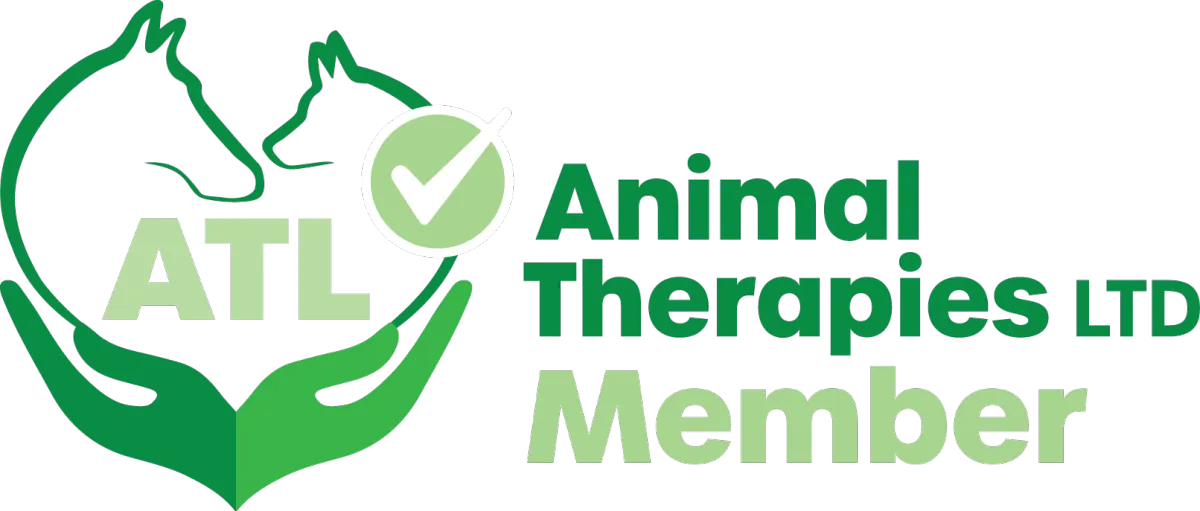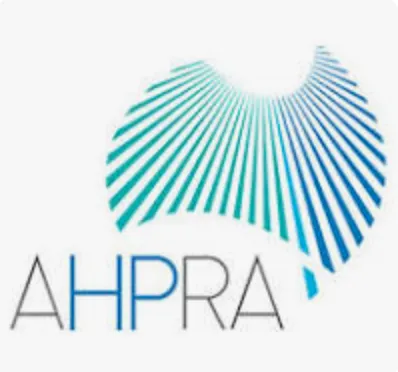Professional Resources
BLOGS
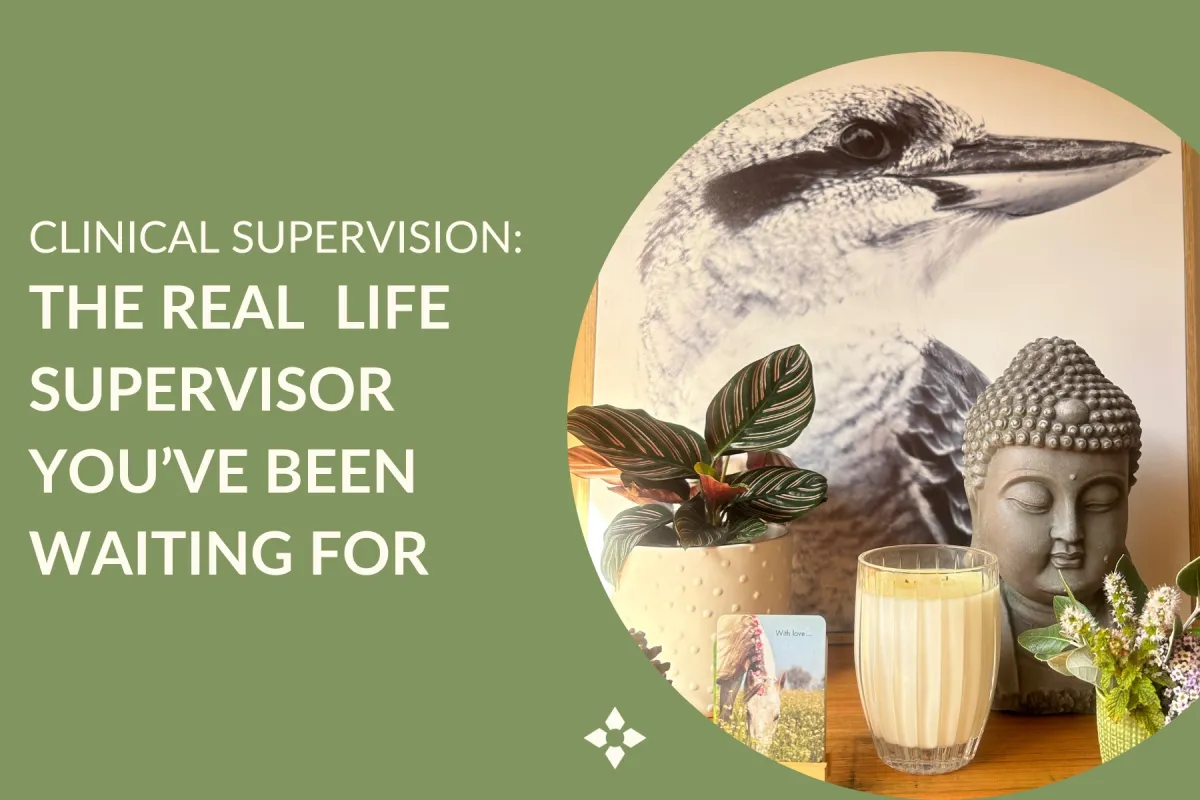
Clinical Supervision - The Real Life Supervisor You've Been Waiting For
“I absolutely loved supervising, mentoring and supporting therapists. I do think out of the box, but most importantly I believe everyone is really good at something.” - Sarah Munn
Evolution of Clinical Supervision – A personal journey
I have been providing clinical supervision for nearly 3 decades and things have certainly changed along the way. What I know, what I feel and what I recommend, have all shifted as my life has evolved.
Recently I have had some lovely feedback from people I supervise and I have been working out why it is effective to them. And this is what I reckon has happened. This is the shift I have experienced.
My Shift
I have shifted from getting already busy therapists to go away and find resources for themselves. I have moved towards doing the clinical reasoning with them so THEY ARE the resource and they can take their learnings with them.
The Shift from Unrealistic Expectations
I have shifted from having unrealistic expectations of what parents and carers can do outside of sessions. I now know the burden of giving homework and home programs or practice. So, if this is the only way we will get effective change, then I work with the therapist on how to work with the parent to increase the parents capacity, self-leadership and regulation at the same time. Then they may be ready for home practice and that 24/7 approach we are all wishing for (but is actually impossible).
No Size Fits All
I have shifted from thinking I have all the answers, to knowing that therapy is a relationship between science, creativity, spirit and generosity. Nobody has all the answers and no one size fits all. I now know that while one approach will suit one personality of therapist, a very different angle may be needed for another. Knowing that therapists are all unique, with their own lived experience, preferences and triggers is essential.
So, all therapist can’t be supervised exactly the same either. This is where my life and business coach training, my counselling skills, my supervision experience, and my meditation flow can all come and go as required. It’s about the therapist’s personality, style, flow and capacity. I now work on process and strengths rather than obsessing over outcomes and session plans.
Potent Supervision
I have shifted from only giving people bits of information at a time for fear of overwhelming them or pushing them too far too quickly. Now my supervision sessions are potent - the therapist leaves with a clear plan and an understanding of what they need to do next.
I absolutely loved supervising, mentoring and supporting therapists. I do think out of the box, but most importantly I believe everyone is really good at something, and we will find a way to weave that into your work to increase your motivation, confidence and a feeling of mastery and success.
BOOK REVIEWS
The Clinical Practice of Equine Assisted Therapy - Including Horses in Human Healthcare
by Leif Hallberg
This is a must have on the shelf if you are a therapist working with horses and takes you through the different types of equine assisted activities and the research that has been published to date.
Leif has been a supervisor and mentor to me so I know opinions on the sector, but if you can't work with her directly this is a good go to. She recommends many of the things I also believe in such as the use of the farm and other activities to take the pressure off the horses, so she also presents a niew of the equine and farm milieu in general.
One of the most academic books of its time.
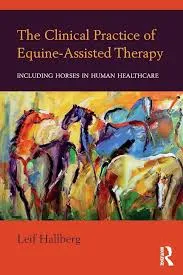
What Happened To You?
Conversations on Trauma, Resilience and Healing by Bruce D. Perry & Oprah Winfrey
I loved this book. Both professionally and personally, it gave me so much breadth across this clinical area and made sense of my own life experiences. There are so many take home messages for therapists working with trauma, it's impossible to list them all so I'll tell you what I liked most.
One thing I did love was that he mentioned occupational therapy several times as well as animal assisted therapy as being an important part of a team approach. Another think I took from the book, apart some self satisfaction that we are on the right lines at Barefoot Therapists and Gadara Farm, was his criticism of labels like 'trauma informed' and 'trauma sensitive' which he dais have no standards and no recognised training. Apparently there are whole towns who promote themselves as trauma informed. Wow.
Another thing I loved was the focus on a developmental approach. This is so important, as we know so many kids who have experienced trauma to work from where they are socially and emotionally.
I loved his focus on First Nation's people, and his story of visiting the Mauri people in New Zealand where his medical model was challenged when he asked about drugs, depression and anxiety. They said it's all the same. As we often try and break it down, we miss a key factor, which is connectedness, which is key to being healthy people.
Dr Bruce Perry was critical of social media as the main way to socialise - which I agree with. While we can use it as a helpful resource we do need to be careful to still connect face to face for connectivity. And what I am most interested in is helping people organise their lives and stresses so they can actually do this in their own lives - professionally or personally.
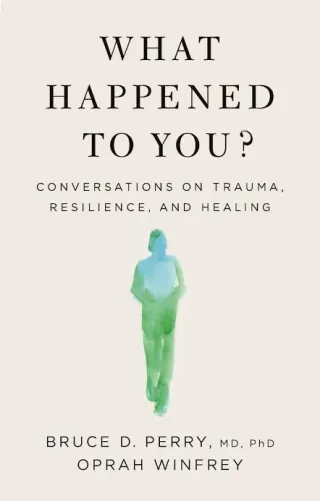
The Use of Self in Therapy by Michele Baldwin
I love the notion that many therapists cannot be healers because they are too busy defending themselves (Carl Rogers). I love the acknowledgement that for some of us the intuitive presence of us as a therapist almost transcends the goals at times.
Our disclosures must show /maturity and positive adjustment' (Charles H Kramer). This resonates with me. Setting up Sarah Munn Therapy Teachings there was an intention to share my journey and my healthy adjustment to my own disabilities and thos of my children's.
Over the years I have seen the benefits of self-disclosure in effective work with parents. However, we are taught about keeping strict professional boundaries. The world is changing and understanding how to be 'in relationship' with our clients is more important than ever. As is our own return to healing.This book clearly articulates the unseen and unmeasured side of what we do.
A great read for therapists working in emotional wellbeing.
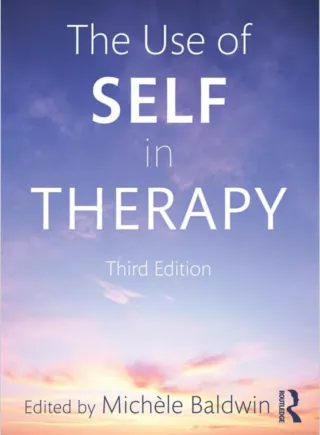
Trauma-Sensitive Mindfulness by David A. Treleaven
With the explosion of mindfulness David Treleaven is concerned about meditation being offered in all walks of life, sometimes by untrained and inexperienced providers, where signs of trauma are being missed and not referred on to professional therapists with experience in the field.
This book informs therapists and meditation teachers of their scope of practice when including meditation for the benefit of people who have experienced trauma. It is also a stark reminder of the difficulties and discomfort some people experience in the body and mind during mindfulness which often go unnoticed and can break down trust and safety. A promotion for systemic reform and social justice, this book is for therapists and meditation teachers who offer full sessions or just want to add in a little bit of meditation to other practices.
If you won’t know how to work with trauma if it surfaces, then you need to have a good network of referral pathways to professionals who can follow up with trauma recovery and healing. Treleaven says we need to be clear that we have a full history of any trauma.
We know at Barefoot that people with difficulties in relationships, social connectedness or disability often experience systemic traumas, as do other marginalised groups which he talks about extensively including First Nations people.
Treleaven also guides against cultural appropriation where meditation providers do not understand the lineage of their items and can cause offence. He recounts a story of a teacher using a singing bowl when one of the students looked at it and said that in her culture it is used at funerals. She was not impressed with the teachers lack of knowledge of his tools.
Another reiteration that trauma continues through generations in our DNA so some of our clients can be quick to elicit a stress response. Even to positive stress when doing something exciting like riding a bike or a horse can be triggering to some people.
The book reminds us that workers who experience lots of descriptions and information about traumatic events can also experience PTSD. They can raise personal things up for therapists and meditation or yoga teachers working in this space so it is a reminder to take care of yourselves. I loved this book and as I finish my meditation training it is good advice to ‘notice’ those we seek to help (which is hard with your eyes shut).
At Barefoot Therapists we find purposeful movement outside with an end goal, working in nature, in rhythm and with animals can all be helpful in the healing process and can be a good introduction to mindful practice before we ask them to be still and notice themselves.
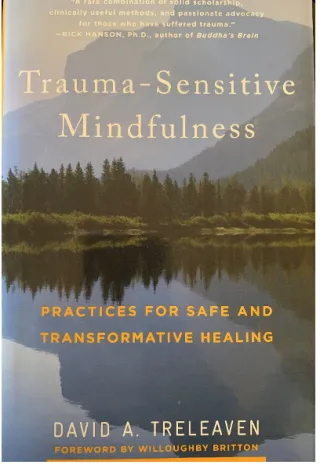
Acknowledgement to Country
We Respect and Acknowledge the Traditional Custodians of Country throughout Australia and their connections to the land, sea and community, and recognise the land on which we work is home to the Bunurong / Boon Wurrung members of the Kulin Nation. We pay our respects to all Elders past, present & future.
We meet the required standards for Insurance and Education.
Farm:
Gadara Farm
470 Boneo Road
Boneo, Vic 3939
Clinic:
Barefoot Therapists
1/16 Henry Wilson Drive
Rosebud Vic 3939
(03) 5981 1120
Sarah Munn Therapy Teachings
ABN 62307340650
Connect with us
We'd love to connect with you on Facebook or Instagram.
